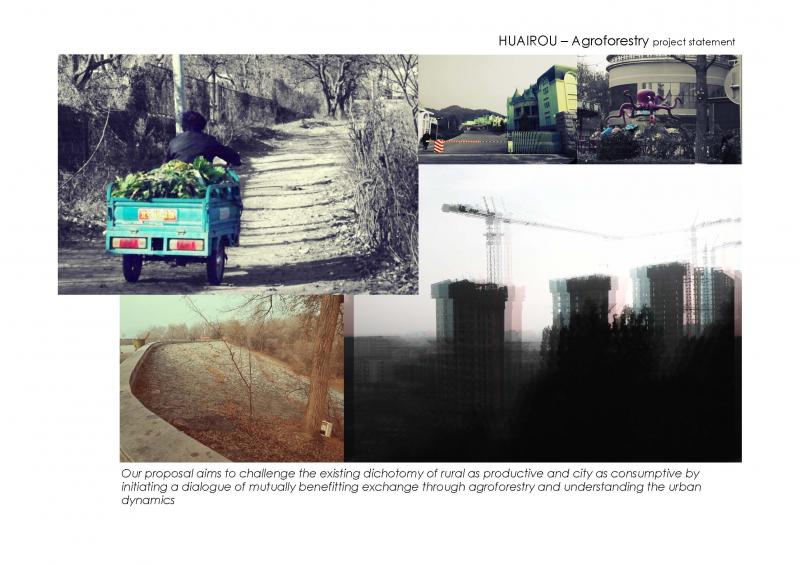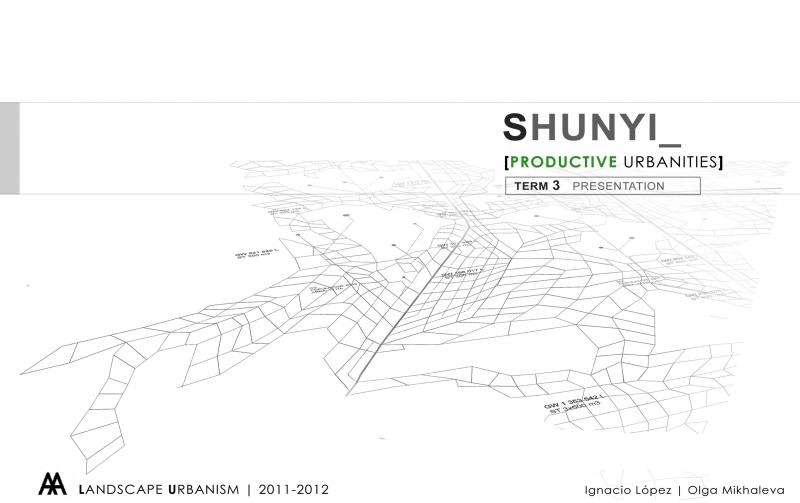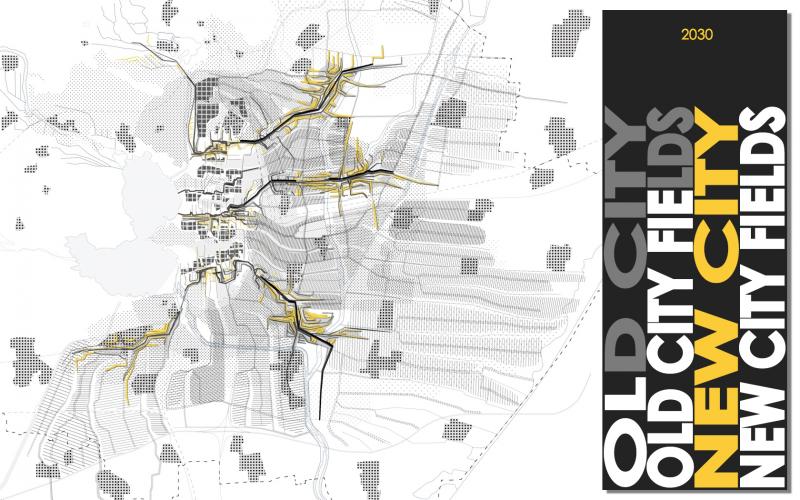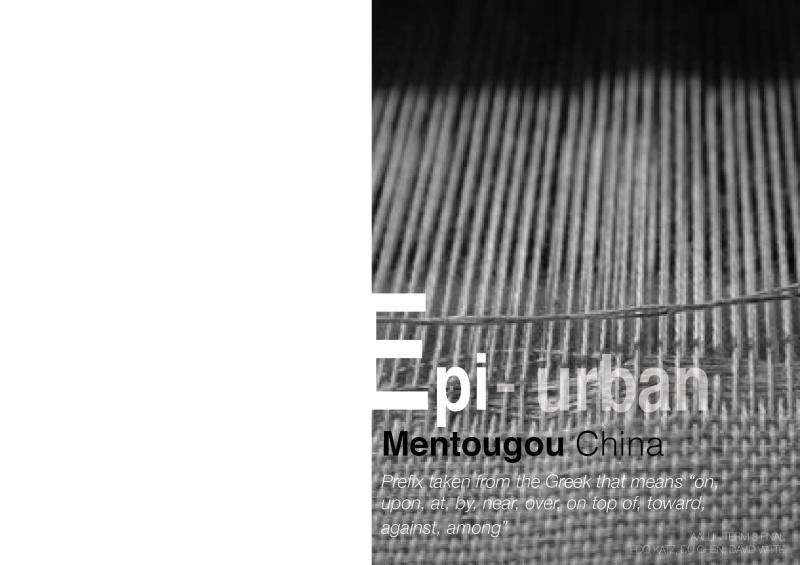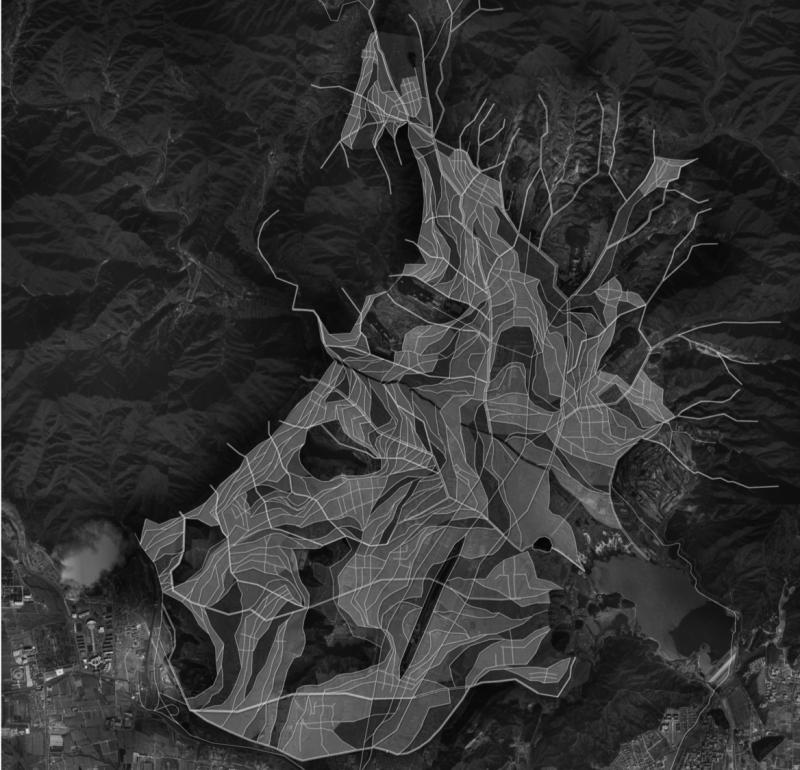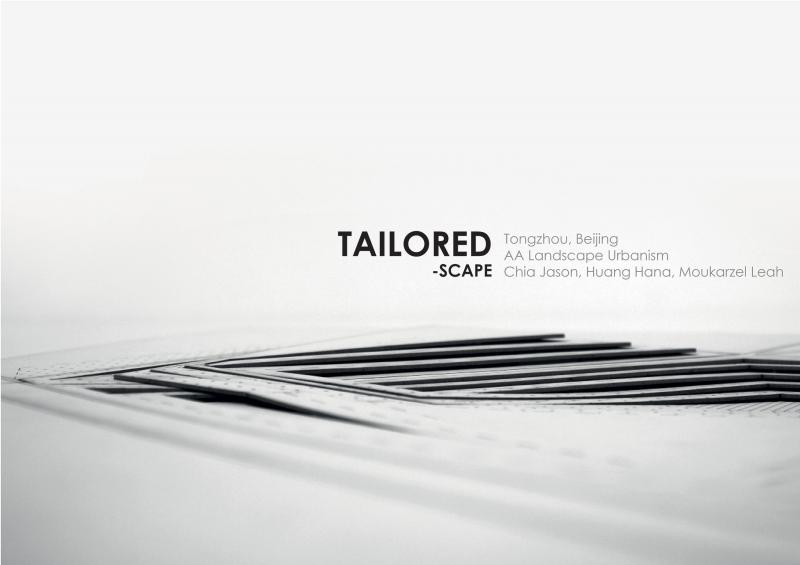Contemporary social and environmental conditions pose significant challenges to normative design practices, evolving out of an increasing scarcity of resources and consequent shifts in economic, political and material processes. Landscape Urbanism sets out to develop new modes of practice that directly engage with these new conditions and the ways in which they continuously reconfigure the city. The methodology of the Landscape Urbanism programme is multidisciplinary by definition. Expanding from the legacy of landscape design to consider the complexity of contemporary urban dynamics, the course work integrates knowledge and techniques from such disciplines as environmental engineering, urban strategy, landscape ecology and architecture. The programme operates by synthesising the dynamic and temporal forces that shape the contemporary urban landscape with the generative and organisational potentials of materials developed through abstract systems.
Prototypical Urbanities: Towards an Interstitial Ecology
China’s economic boom, combined with migration from the countryside to the cities, is boosting a high-speed urbanism that produces new cities in the shortest imaginable time. This directional urbanisation, propelled from within the coastal zones and into the countryside, has brought even the smallest villages face to face with the phenomena of globalisation and its foreign capitalist and generic architecture.
Building upon a body of research established over the past four years, LU has maintained its focus on China’s ambitions to build 400 new cities by the year 2020 – with 12 million people expected to move from rural to urban locations – as the basis for its brief. Far from resisting this development, we have engaged opportunistically with the generation of ‘proto-strategies’ for new large-scale agglomerations as a means of critically addressing the phenomenon of mass-produced urban sprawl. Our test-bed this year has been the urban agglomerations around the metropolitan area of Beijing.
Workshop Tutors
Rebecca Haines-Gadd
Teruyuki Nomura
